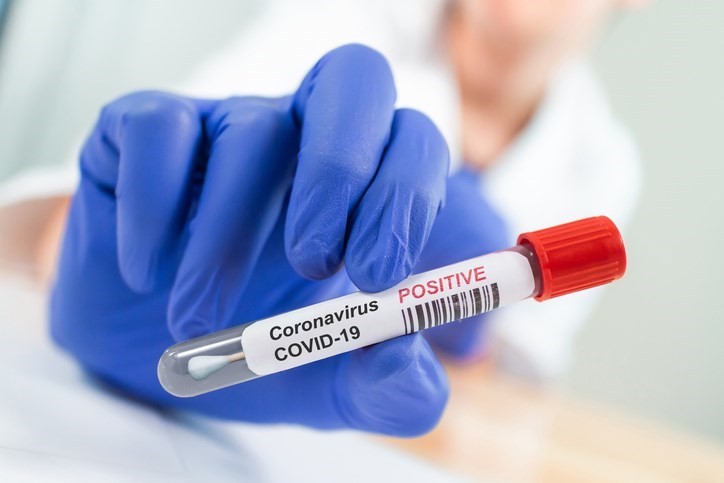For those of us who spend almost every day scrutinizing the BC Centre for Disease Control’s “dashboard” for the latest COVID-19 updates, one bit of data has been a bit of a mystery.
That would be the number of people who have tested positive for the virus, but are now listed as “recovered” once 14 days (COVID-19’s incubation period) have elapsed since their test.
There has been evidence almost since the pandemic began that some people never truly “recover” from having COVID-19 in the normal sense of the word.
Many people report various ailments that linger long after they have been pronounced recovered. Serious fatigue and various concussion-like symptoms – a cloudy brain, memory problems – seem to be the most common.
Those who experience these symptoms for a lengthy period are called “long-haulers” and now special clinics have been established to both treat and study people who find themselves in this situation.
British Columbia recently added a third such clinic in Surrey. It will join two other clinics – one at Vancouver General Hospital and the other at St. Paul’s Hospital – that will specialize in dealing with what many health experts agree is a baffling trend.
The estimates of how many “long-haulers” are actually out there vary. King’s College in London, England conducted one of the largest surveys of COVID-19 patients and it found that about 10% of them reported feeling symptoms a month after getting the virus.
It also found a further 1.5-2% of reported symptoms more than three months after being tested. These are the true long-haulers.
If we apply that kind of survey to BC, that means we have many long-haulers in this province. We are approaching 70,000 total cases of people who have had COVID-19 and a 1.5% rate translates to more than 1,000 people still being sick three months after getting the virus.
And as our COVID-19 cases grow (BC’s daily case average has hovered around 500 for a month now), so too will our number of long-haulers, who can stretch across all age groups.
A recent New York Times magazine article profiled several people aged 40 and under – three of them women – who are long-haulers and their stories make for scary reading.
Of course, it has been known quite some time that viruses can trigger long-lasting after-effects, some of them quite serious. But what is alarming about the high number of long-haulers is we are still at the beginning of studying the impact of COVID-19. That means treatment for many may prove elusive.
However, the three BC long-hauler clinics - and other such clinics elsewhere in the world - will be trying their best to solve a mystery that has flummoxed the experts for months.
In the meantime, that BCCDC dashboard will continue to show how many people have died from COVID-19, how many are hospitalized and how many are in the ICU.
Those numbers are easy to understand. However, the “recovered” number (we are fast approaching the 60,000 mark) is different. Just ask a long-hauler.
Keith Baldrey is chief political reporter for Global BC.



